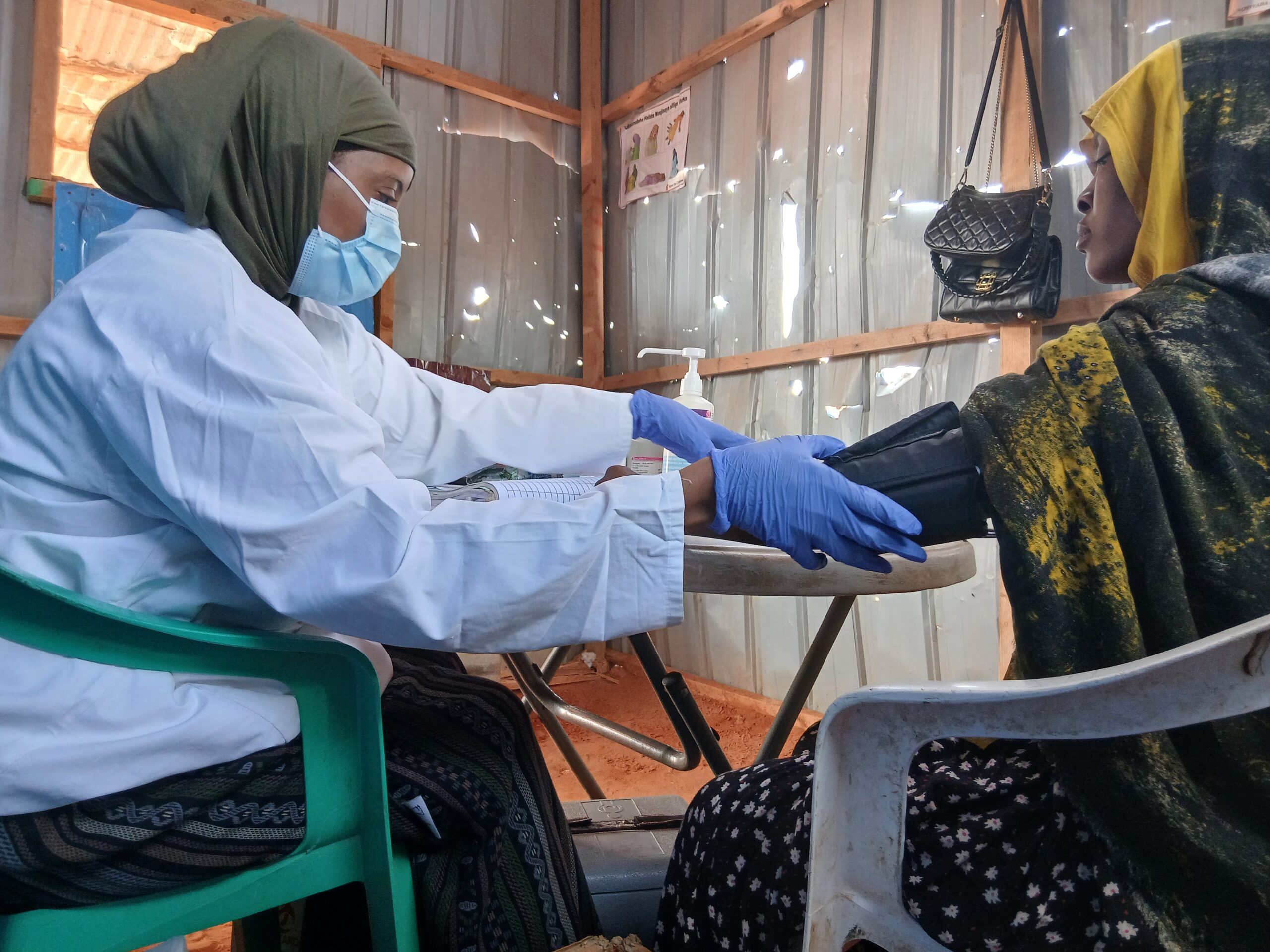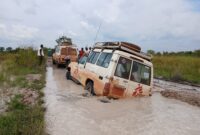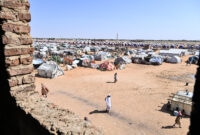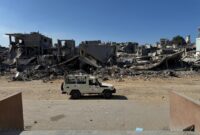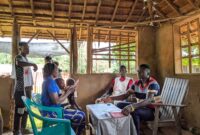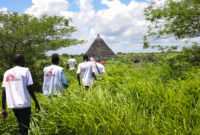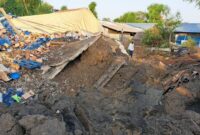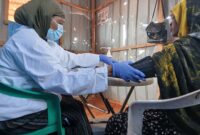Somalia: Free healthcare supports mothers and children in Mudug region
As conflict, malnutrition and displacement rise, MSF provides maternal and pediatric care for families.
When Fatima Abdi Ali experienced life‑threatening complications during her seventh pregnancy, she and her husband travelled more than 125 kilometres from Ethiopia to reach Mudug regional hospital in Galkayo North, Somalia. It was the nearest facility equipped for such an emergency. On arrival, Doctors Without Borders/Médecins Sans Frontières (MSF) teams performed an urgent caesarean section, saving Fatima and her baby. “Not once did they ask us for money,” she says, cradling her newborn. “They treated me with so much respect and dignity.”
Mudug region has been battered by years of conflict and drought. With limited health services, mothers and children often travel for hours on unsafe roads because nearby clinics cannot handle emergencies. Few women deliver with skilled health workers and many do not complete recommended prenatal visits.
Halima Abdi Adan walked for hours with her feverish two‑year‑old to reach the hospital, where MSF treats measles, pneumonia and acute malnutrition. “The people here saved his life,” she says.
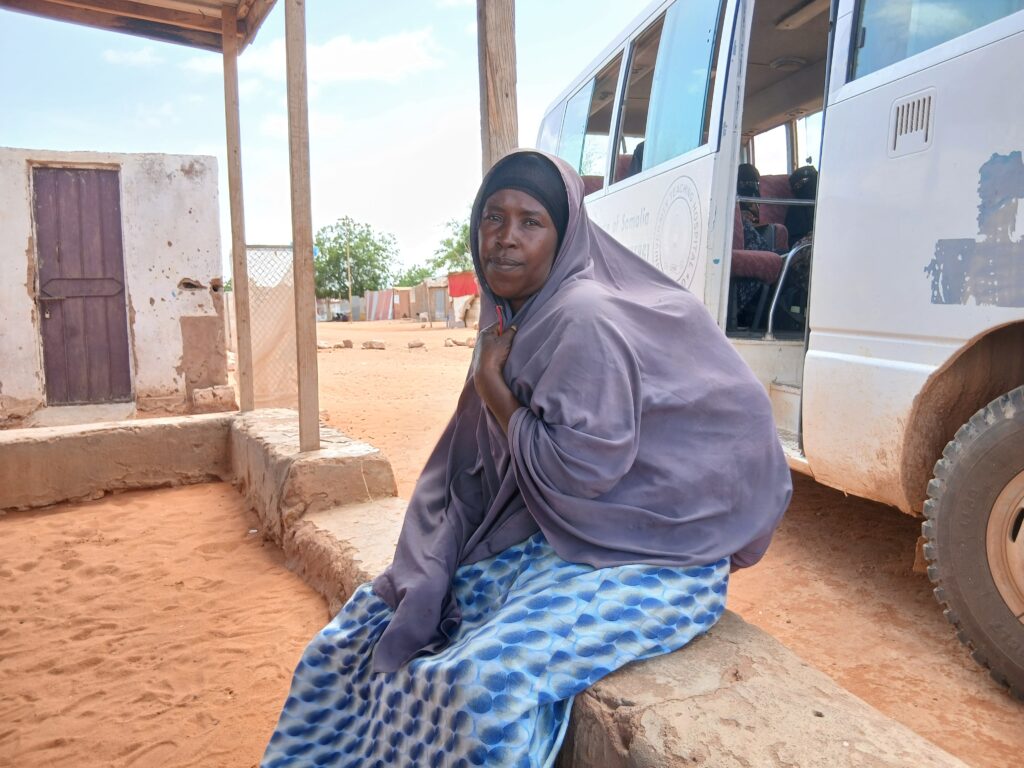
Rising hunger and displacement are compounding these challenges. Somalia’s Post‑Gu (the period following the main rainy season) analysis by authorities and United Nations agencies found that 3.4 million people were facing crisis or worse levels of acute food insecurity between July and September 2025. This represents around 18% of the total population.
The report warns that 4.4 million people – 23% of the population – could face a crisis or worse by the end of the year. About 1.85 million children under five are expected to suffer acute malnutrition between August 2025 and July 2026, including 421,000 likely to be severely malnourished. With international funding shortfalls, food assistance is declining from around 1.3 million recipients to 375,000 per month, leaving families hungrier and pushing more mothers and children to arrive at health facilities dangerously sick.
“Mothers and children should not pay the price of remoteness and funding cuts. We need aid directed to maternal health, nutrition and vaccination so parents do not have to choose between transport and treatment.”
– Mohammed Ali Omer, MSF head of program in Somalia
Growing pressure on health services
Amid these pressures, MSF supports the Ministry of Health in both Galkayo North and South to deliver free maternal and pediatric services. At Mudug regional hospital, teams run the maternity, pediatric and neonatal units, emergency and nutrition services and support a tuberculosis unit. Three mobile clinics bring consultations, vaccinations and nutrition screenings to twenty‑three camps for displaced families.
In the south, MSF supports Galkayo south hospital and three clinics providing maternal health services, neonatal care, immunization and emergency response.
Between January and June 2025, MSF assisted 3,076 births, up 3.6% from the same period in 2024. Postnatal consultations fell by 8% to 19,777, suggesting more women are missing preventive care and arriving later or in riskier condition.
At the same time, malnutrition admissions rose by 49.6%, driven mainly by moderate acute malnutrition with complications requiring treatment. Severe acute malnutrition admissions remained broadly in line with last year. Taken together, these trends show rising pressure on services even as other support shrinks.
“Mothers and children should not pay the price of remoteness and funding cuts,” says Mohammed Ali Omer, MSF head of program in Somalia. “We need aid directed to maternal health, nutrition and vaccination so parents do not have to choose between transport and treatment.”
“We see patients arriving in critical condition after travelling for hours because nearby services are limited,” says Jarmila Kliescikova, MSF medical coordinator in Somalia. “Functioning health facilities will bring care closer, and it can be the difference between a manageable illness and a life‑threatening emergency.”
